Former President Joe Biden has long been an advocate for cancer research, from the tragic death of his son, Joseph “Beau” Biden, who died of brain cancer in 2015, to his founding and later revival of the Cancer Moonshot Initiative, aimed at advancing vaccine-based immunotherapies against cancer.
During his remarks on reestablishing the Cancer Moonshot in 2022, Biden urged Americans to remain hopeful:
“And to the American people: Keep the hope alive. There is hope. There is hope. And I'm confident—absolutely confident—if we make all our effort to deal with it, we can make fundamental changes in people's lives.”
Now, the country is rallying around him as he faces his own cancer battle.
According to his spokesperson, former President Biden, 82, recently completed several weeks of radiation therapy at Penn Medicine in Philadelphia to treat an aggressive form of prostate cancer that had spread to his bones. The spokesperson told NewsNation that Biden is “doing well.”
Biden was first diagnosed in May, when doctors found a “small nodule” on his prostate during a routine exam. Further testing showed the cancer had spread to his bones. His office described the disease as “characterized by a Gleason score of 9 (Grade Group 5) with metastasis to the bone” and noted it appeared “hormone-sensitive,” which allows for targeted treatment.
In an interview with CNN earlier this year, Biden expressed optimism about his prognosis:
“The expectation is we’re going to be able to beat this. It’s not in any organ, it’s in—my bones are strong, it hadn’t penetrated. So, I’m feeling good.”
At the time, experts told NBC News that such cases account for roughly 8 percent of prostate cancer diagnoses, describing it as uncommon but not unheard of.
This week, his daughter Ashley Biden shared a touching milestone: a video of her father ringing the ceremonial bell at Penn Medicine Radiation Oncology, a tradition marking the completion of a major phase of treatment.
Ashley captioned the video:
“Rung the Bell! Thank you to the incredible doctors, nurses, and staff at Penn Medicine. We are so grateful!”
You can see the video below:
Joe Biden rings the bell after finishing his radiation therapy for his prostate cancer!
Hell yeah! Go @JoeBiden pic.twitter.com/kNzzJHmlUL
— Ed Krassenstein (@EdKrassen) October 21, 2025
She later added in another Instagram story:
“Dad has been so damn brave throughout his treatment. Grateful.”
And honestly, we’re all feeling that same gratitude right along with her.

A spokesperson for Biden confirmed earlier this month that he was undergoing “radiation therapy and hormone treatment,” which was expected to last five weeks. Separately, Biden underwent Mohs surgery last month to remove skin cancer lesions from his forehead, his second such procedure this year. He was briefly seen in public wearing a bandage after the treatment.
Prostate cancer is the second most common cancer in men, affecting roughly one in eight men in the United States, according to the American Cancer Society. While about one in 44 men will die from the disease, most do not, particularly when it’s detected early and managed through modern therapies.
For the man who made curing cancer a national mission, his recovery now stands as both a deeply personal and profoundly public battle—one that embodies the very hope he’s spent his life inspiring in others.
Ashley Biden’s post was quickly flooded with support and emotional messages as users praised her father’s resilience and shared their own stories of loved ones battling cancer.
Progress in cancer research and treatment has still faced political challenges. During the second Trump administration, there were proposals to drastically cut federal funding for cancer research, including a nearly $1 billion reduction for the National Cancer Institute, along with broader freezes and cuts to research grants at the National Institutes of Health (NIH).
Scientists warned that these actions could slow the development of new therapies and hinder the nation’s fight against cancer.
A spokesperson for the Department of Health and Human Services (HHS) defended the decision to end certain grants as an effort to:
“[E]nsure that taxpayer dollars support programs rooted in evidence-based practices and gold-standard science — not driven by divisive DEI mandates or gender ideology.”
The proposed cuts stood in stark contrast to Biden’s Cancer Moonshot initiative, which aimed to double the pace of cancer research progress and earned bipartisan praise when first launched in 2016.
Biden introduced the Moonshot while serving as vice president under Barack Obama, with a mission to accelerate research and improve data sharing across institutions. He revived the initiative in 2022 as president, pledging to “end cancer as we know it.”
Despite his health challenges, Biden remains active. He is expected to speak in Boston on Sunday, where he will receive a lifetime achievement award at the Edward M. Kennedy Institute, and will headline a Nebraska Democratic Party event in Omaha next month.
And for many Americans who’ve watched him champion cancer research for decades, seeing Biden continue to fight—and still show up—feels like proof that hope really does endure.

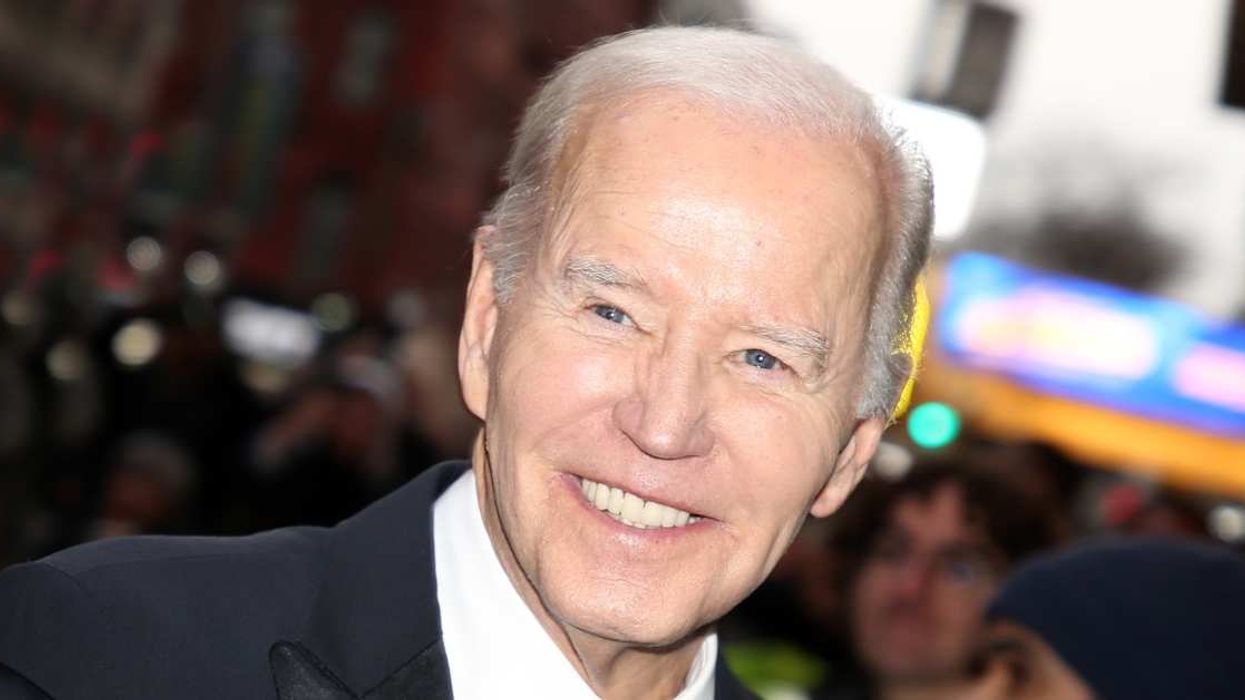


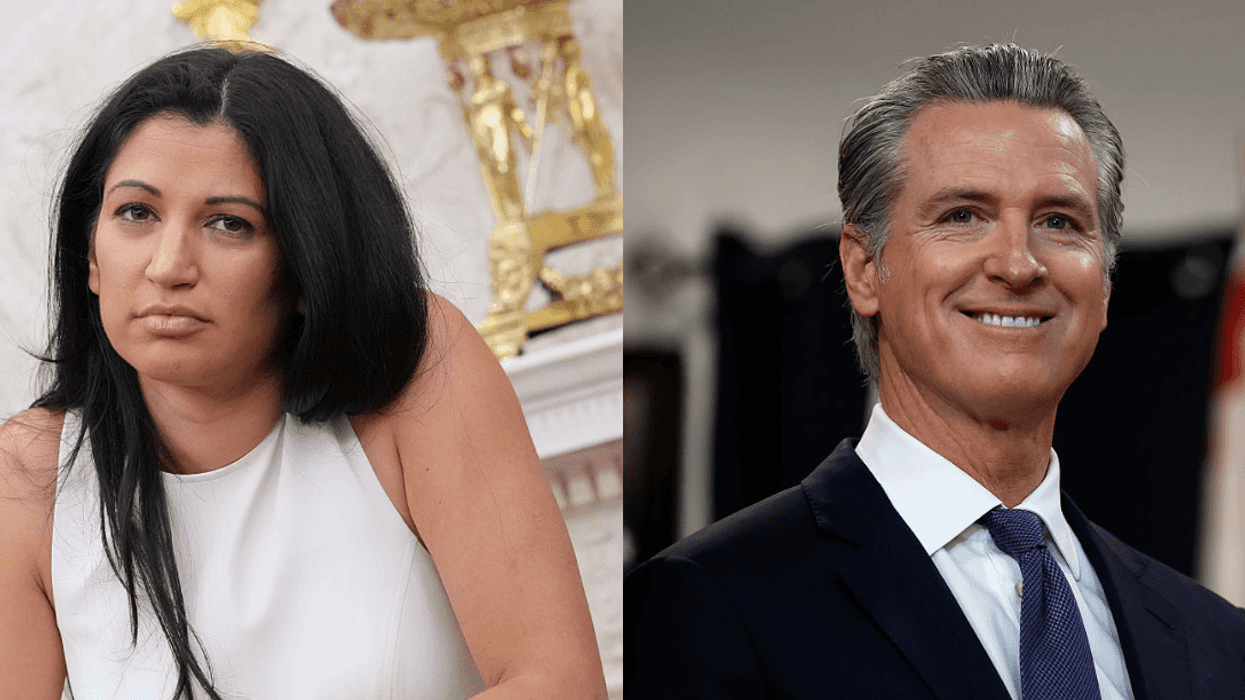
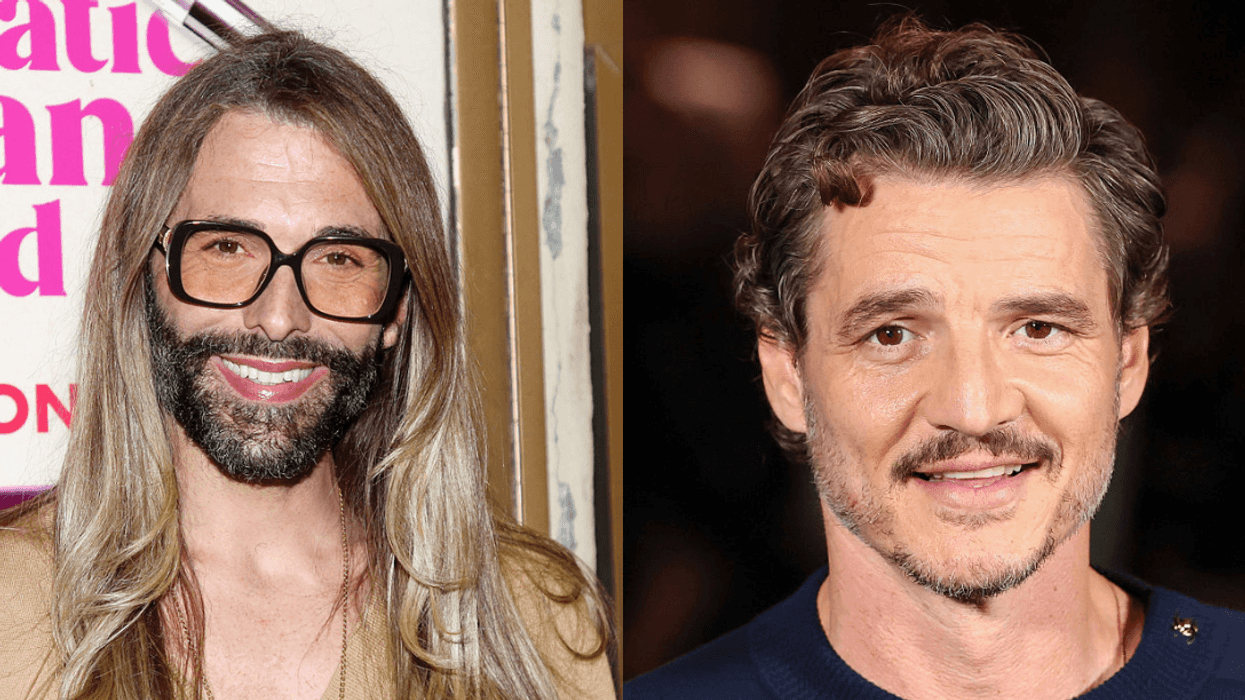
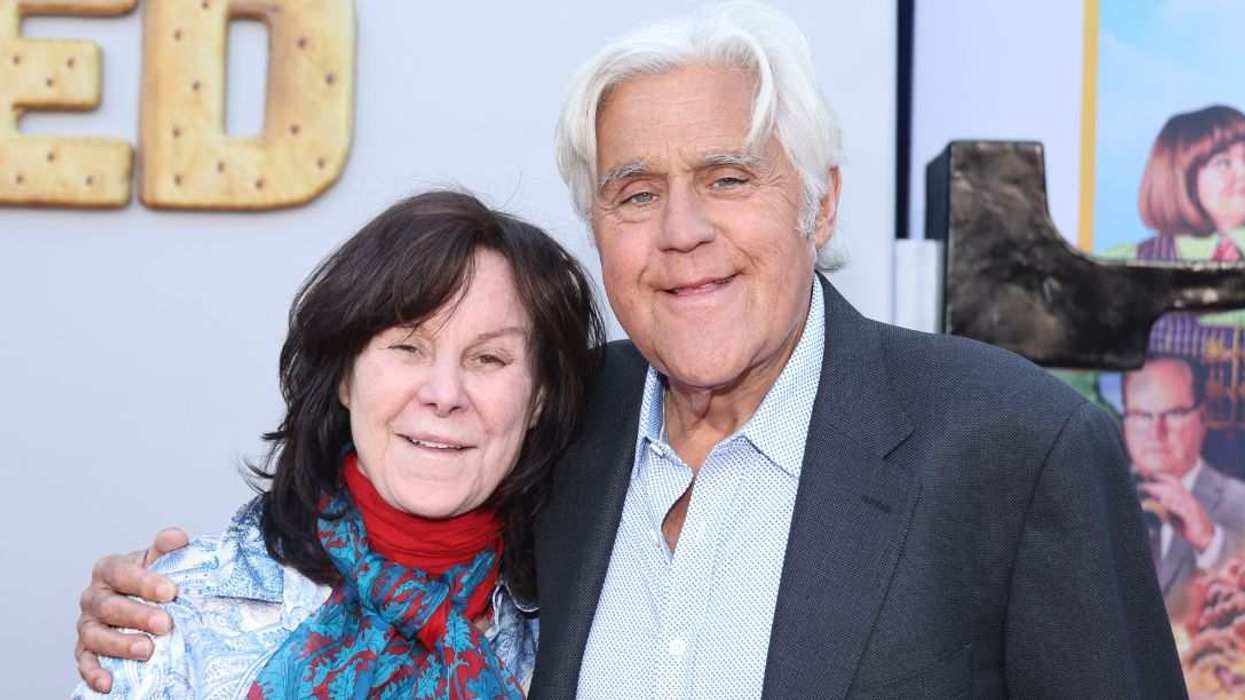

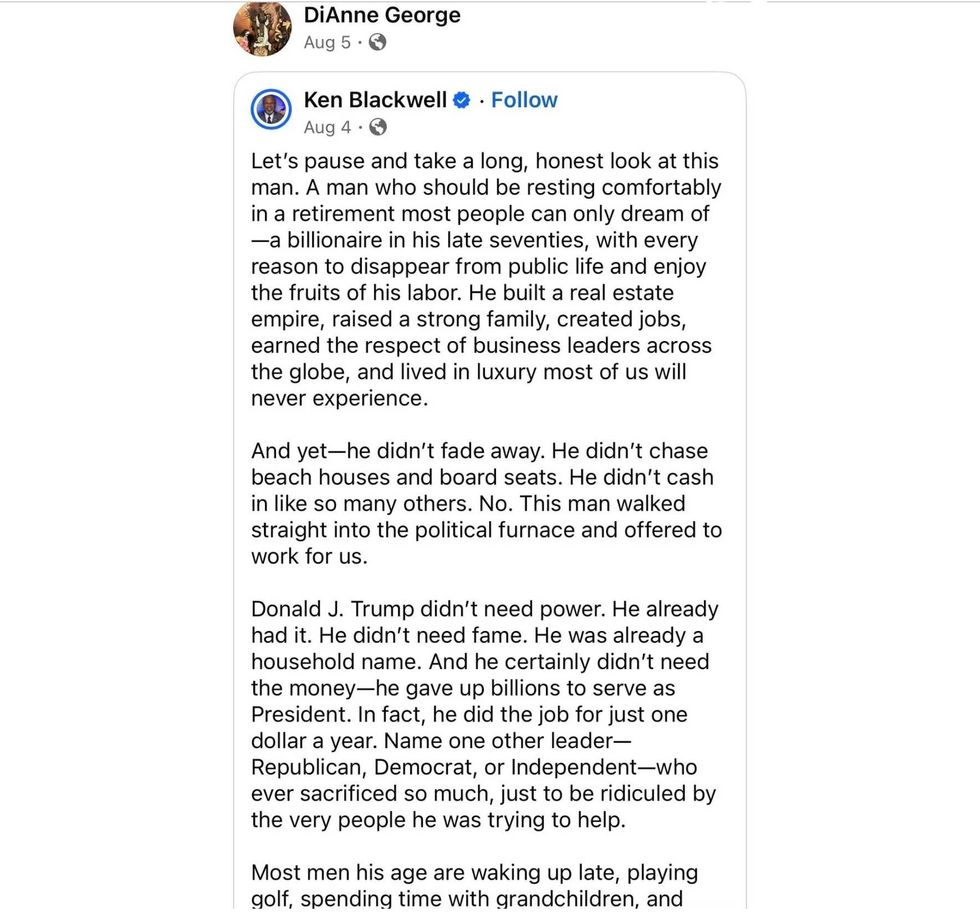 r/LeopardsAteMyFace/Reddit
r/LeopardsAteMyFace/Reddit r/LeopardsAteMyFace/Reddit
r/LeopardsAteMyFace/Reddit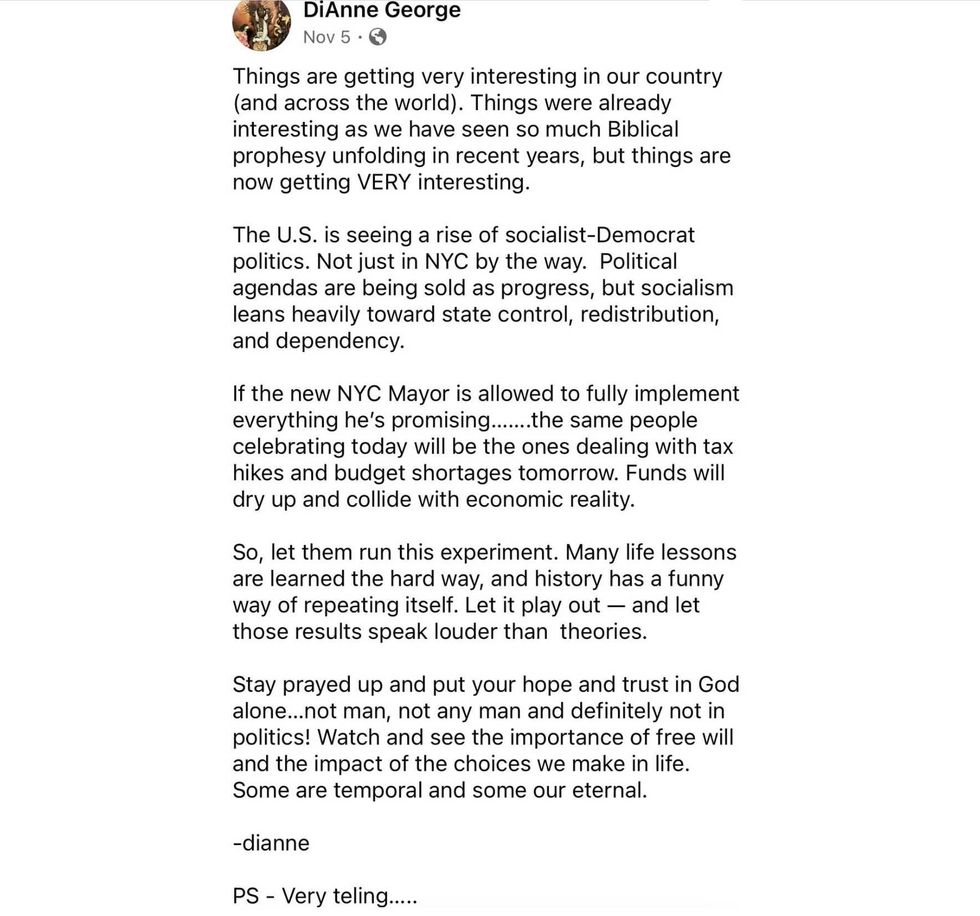 r/LeopardsAteMyFace/Reddit
r/LeopardsAteMyFace/Reddit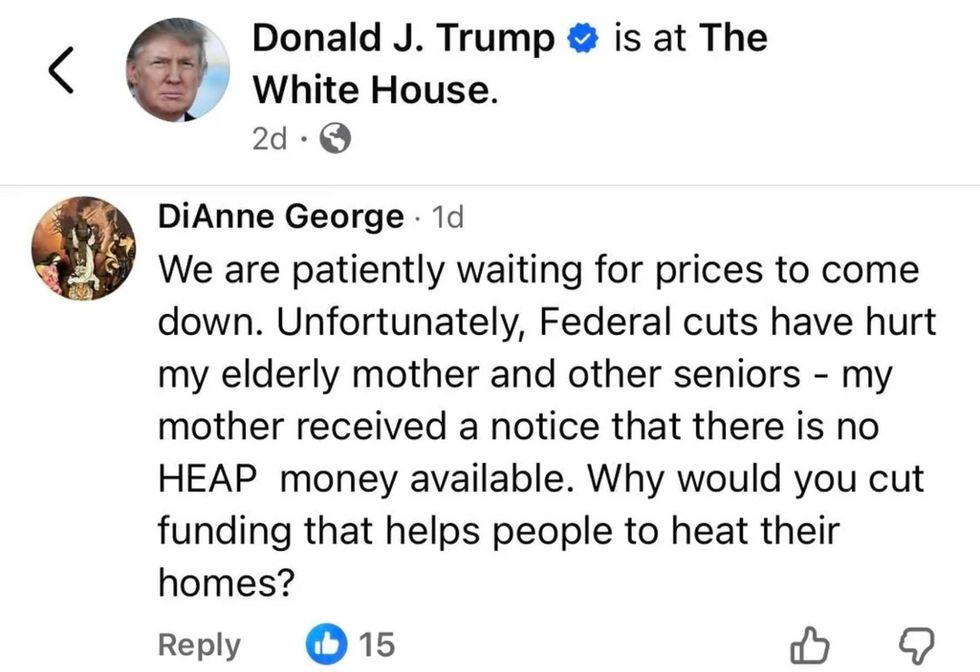 r/LeopardsAteMyFace/Reddit
r/LeopardsAteMyFace/Reddit r/LeopardsAteMyFace/Reddit
r/LeopardsAteMyFace/Reddit r/LeopardsAteMyFace/Reddit
r/LeopardsAteMyFace/Reddit r/LeopardsAteMyFace/Reddit
r/LeopardsAteMyFace/Reddit r/LeopardsAteMyFace/Reddit
r/LeopardsAteMyFace/Reddit r/LeopardsAteMyFace/Reddit
r/LeopardsAteMyFace/Reddit r/LeopardsAteMyFace/Reddit
r/LeopardsAteMyFace/Reddit r/LeopardsAteMyFace/Reddit
r/LeopardsAteMyFace/Reddit r/LeopardsAteMyFace/Reddit
r/LeopardsAteMyFace/Reddit r/LeopardsAteMyFace/Reddit
r/LeopardsAteMyFace/Reddit r/LeopardsAteMyFace/Reddit
r/LeopardsAteMyFace/Reddit r/LeopardsAteMyFace/Reddit
r/LeopardsAteMyFace/Reddit r/LeopardsAteMyFace/Reddit
r/LeopardsAteMyFace/Reddit r/LeopardsAteMyFace/Reddit
r/LeopardsAteMyFace/Reddit r/LeopardsAteMyFace/Reddit
r/LeopardsAteMyFace/Reddit r/LeopardsAteMyFace/Reddit
r/LeopardsAteMyFace/Reddit r/LeopardsAteMyFace/Reddit
r/LeopardsAteMyFace/Reddit r/LeopardsAteMyFace/Reddit
r/LeopardsAteMyFace/Reddit r/LeopardsAteMyFace/Reddit
r/LeopardsAteMyFace/Reddit r/LeopardsAteMyFace/Reddit
r/LeopardsAteMyFace/Reddit r/LeopardsAteMyFace/Reddit
r/LeopardsAteMyFace/Reddit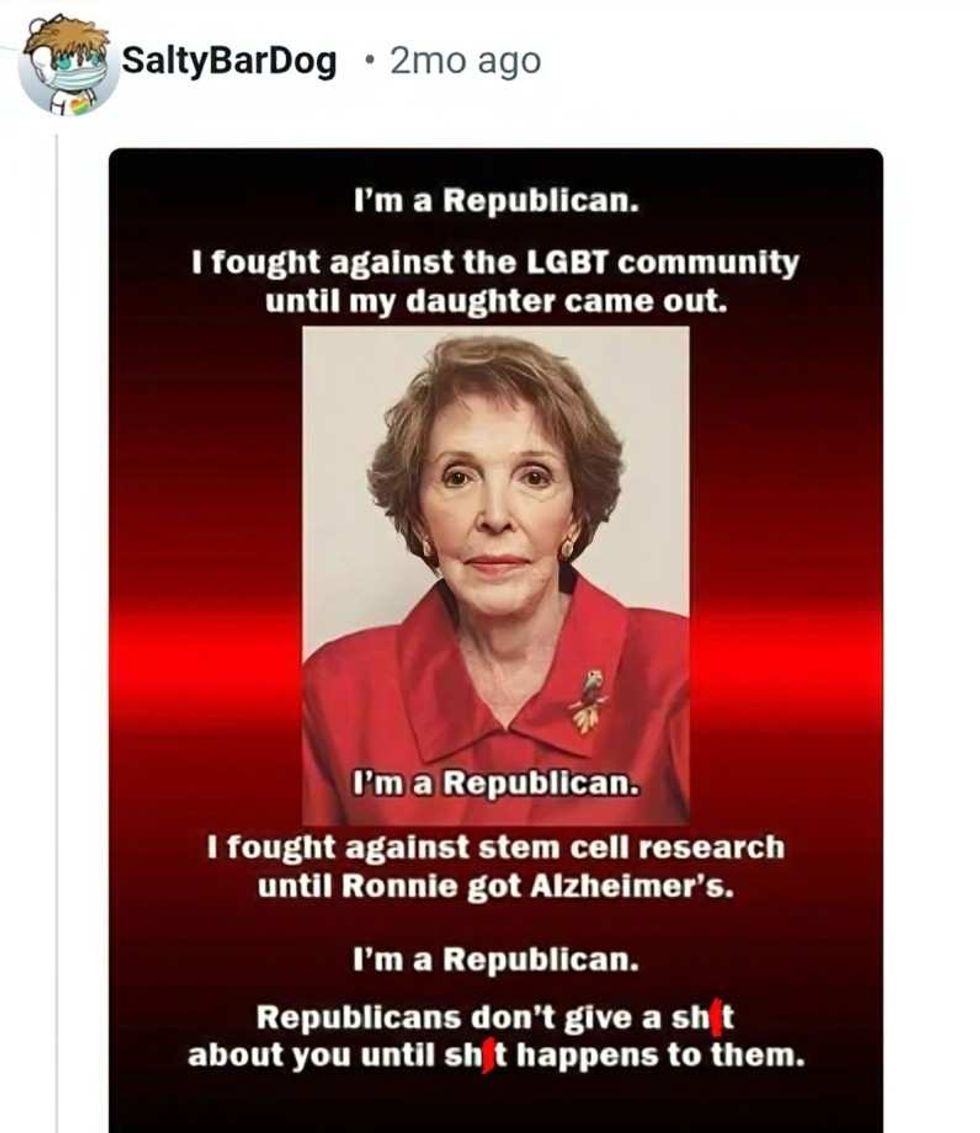 r/LeopardsAteMyFace/Reddit
r/LeopardsAteMyFace/Reddit r/LeopardsAteMyFace/Reddit
r/LeopardsAteMyFace/Reddit r/LeopardsAteMyFace/Reddit
r/LeopardsAteMyFace/Reddit r/LeopardsAteMyFace/Reddit
r/LeopardsAteMyFace/Reddit r/LeopardsAteMyFace/Reddit
r/LeopardsAteMyFace/Reddit r/LeopardsAteMyFace/Reddit
r/LeopardsAteMyFace/Reddit r/LeopardsAteMyFace/Reddit
r/LeopardsAteMyFace/Reddit r/LeopardsAteMyFace/Reddit
r/LeopardsAteMyFace/Reddit r/LeopardsAteMyFace/Reddit
r/LeopardsAteMyFace/Reddit r/LeopardsAteMyFace/Reddit
r/LeopardsAteMyFace/Reddit r/LeopardsAteMyFace/Reddit
r/LeopardsAteMyFace/Reddit r/LeopardsAteMyFace/Reddit
r/LeopardsAteMyFace/Reddit r/LeopardsAteMyFace/Reddit
r/LeopardsAteMyFace/Reddit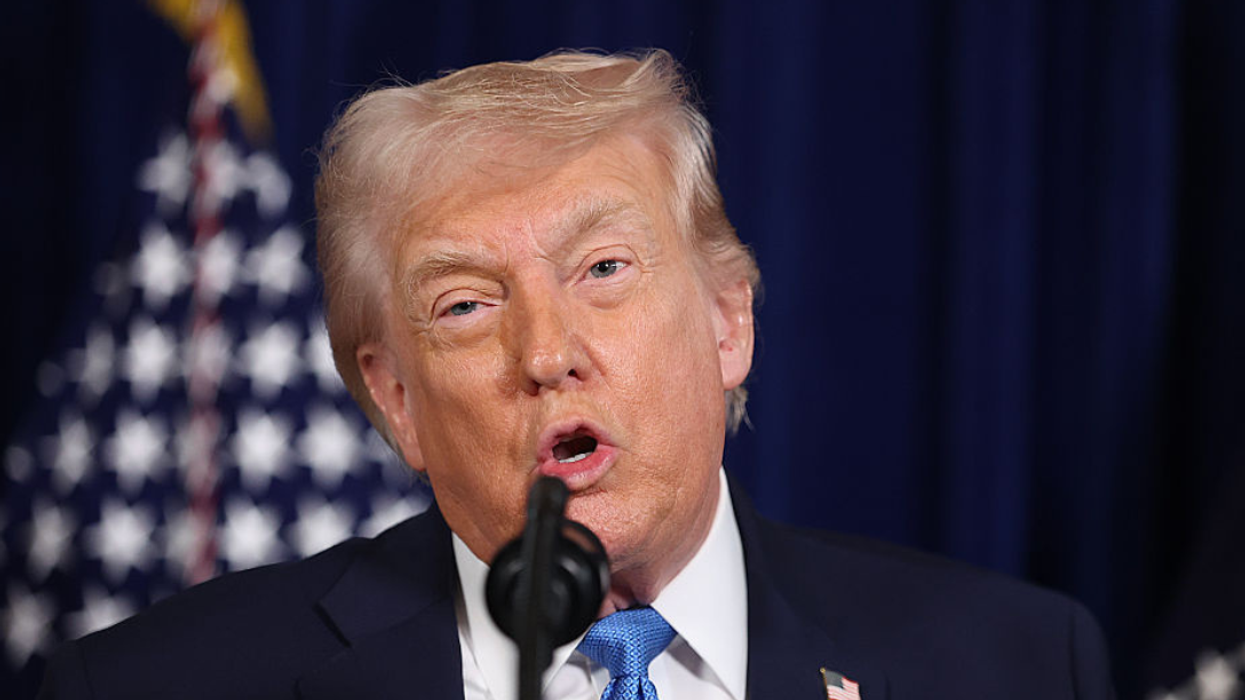
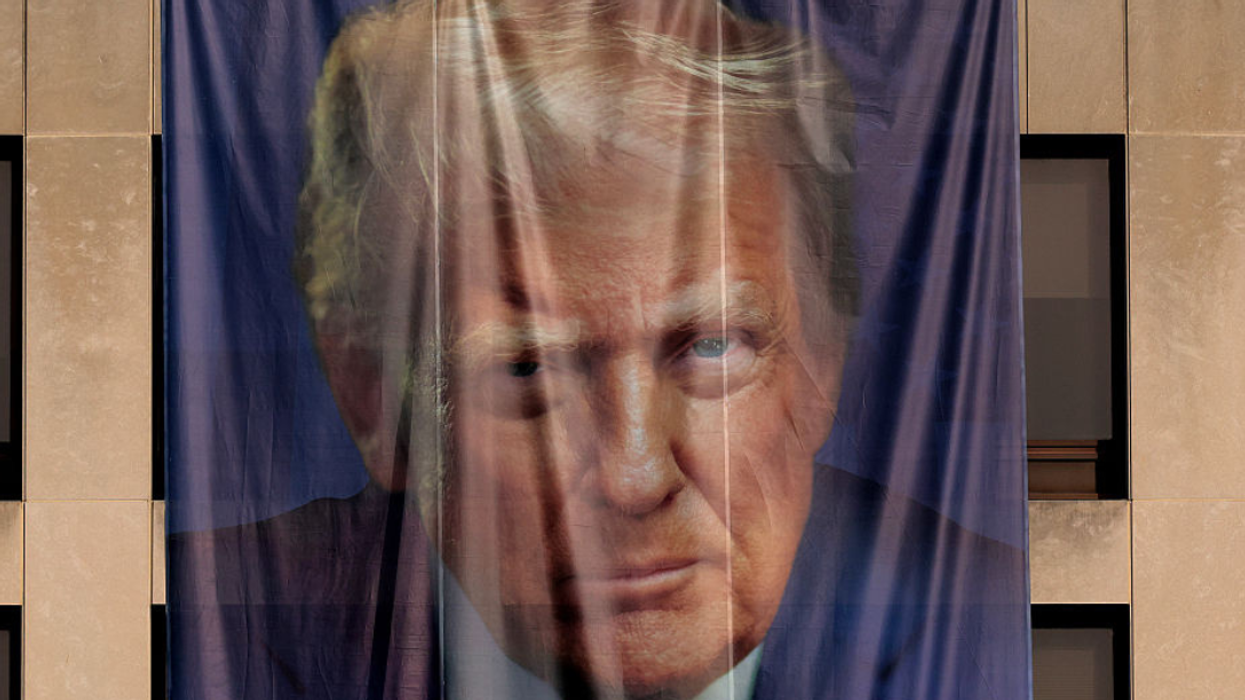

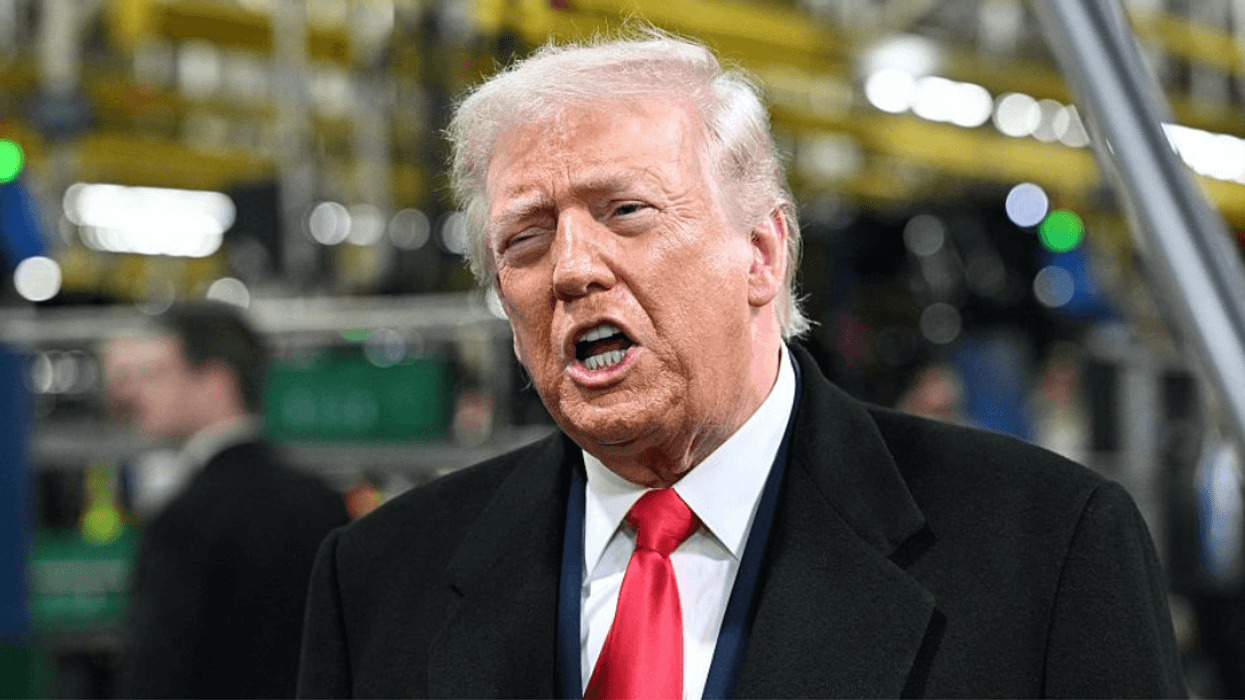
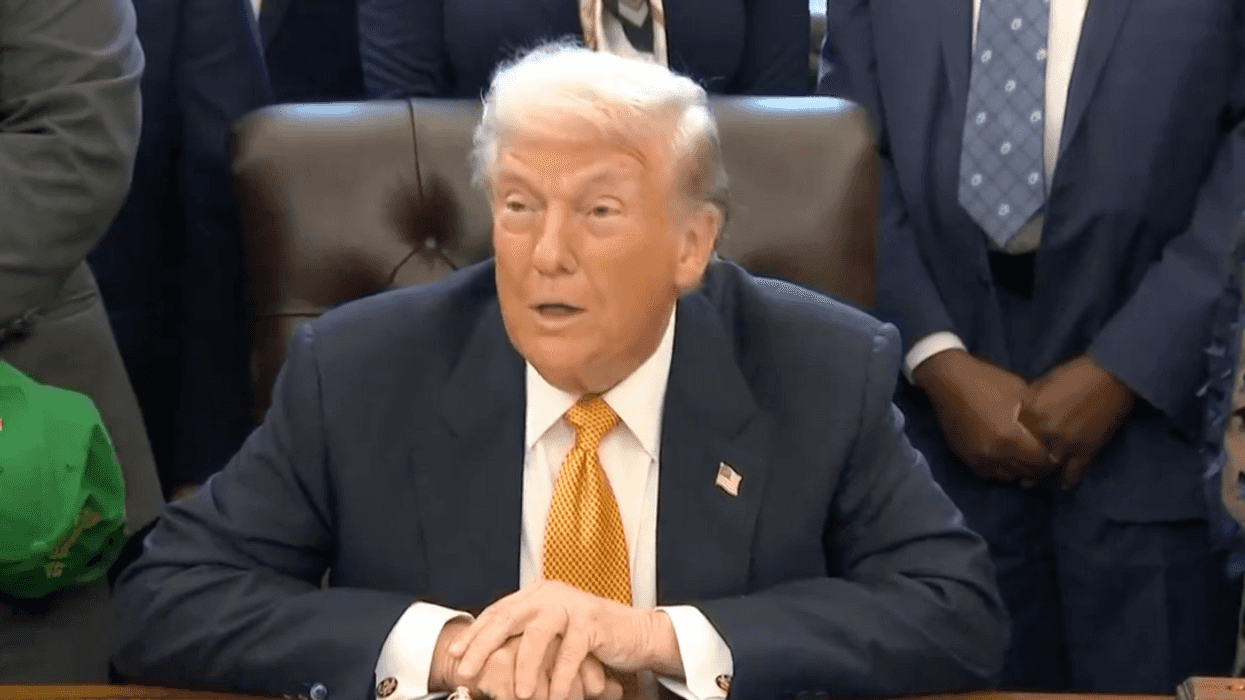
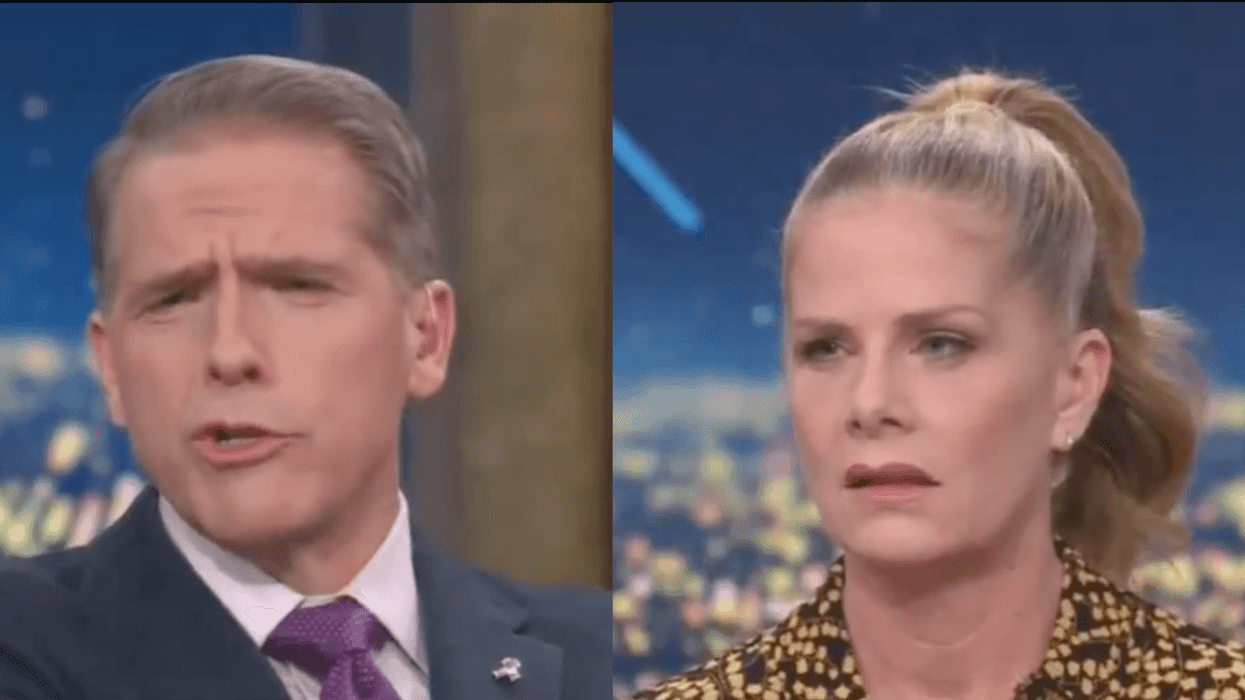

 @meidastouch/X
@meidastouch/X @meidastouch/X
@meidastouch/X @meidastouch/X
@meidastouch/X @meidastouch/X
@meidastouch/X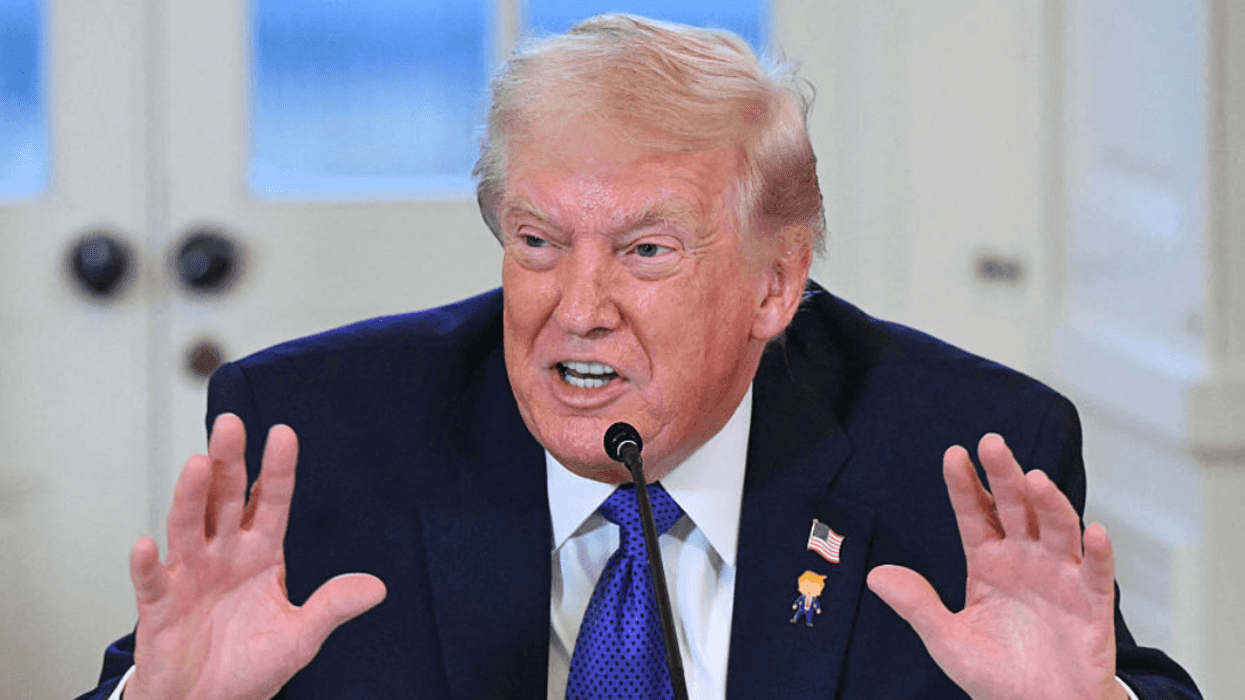

 illustrate margot robbie GIF
illustrate margot robbie GIF 
 Bbc One Love GIF by BBC Three
Bbc One Love GIF by BBC Three  Oh Yeah Dancing GIF by Jennifer Accomando
Oh Yeah Dancing GIF by Jennifer Accomando